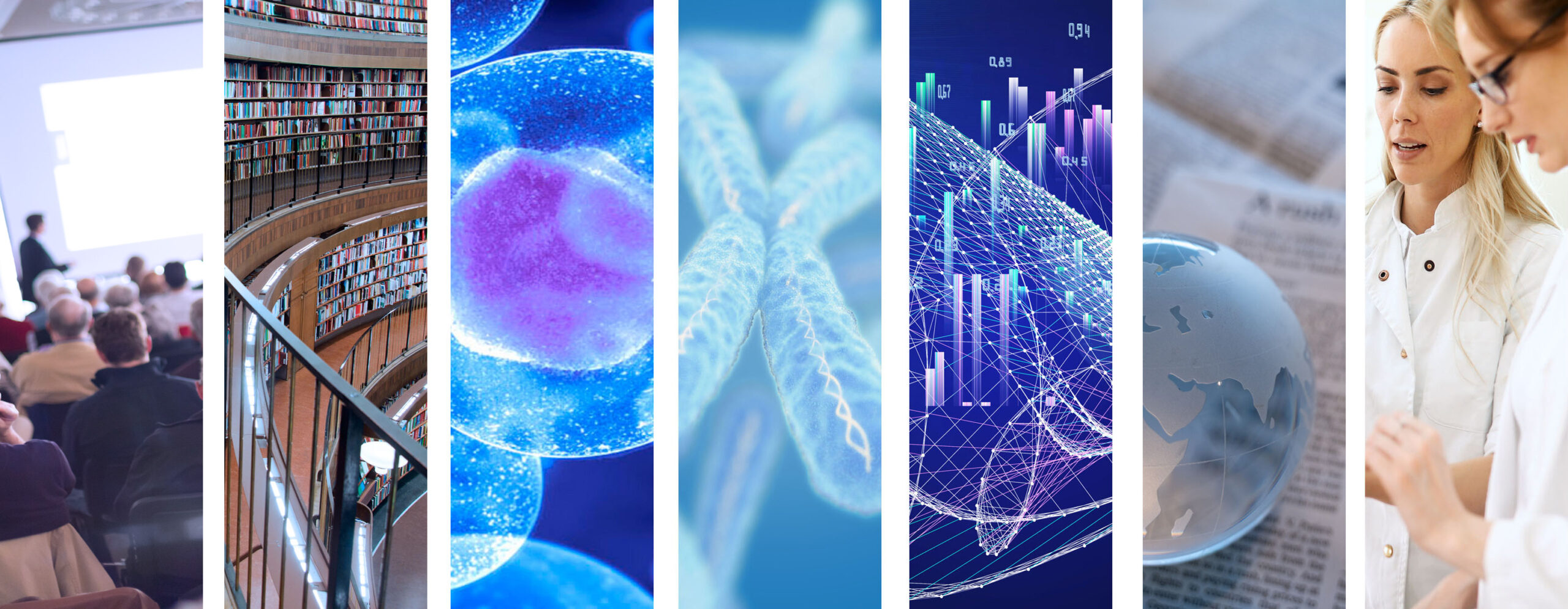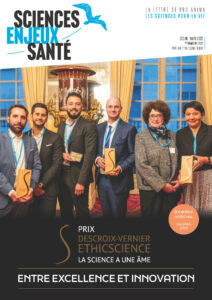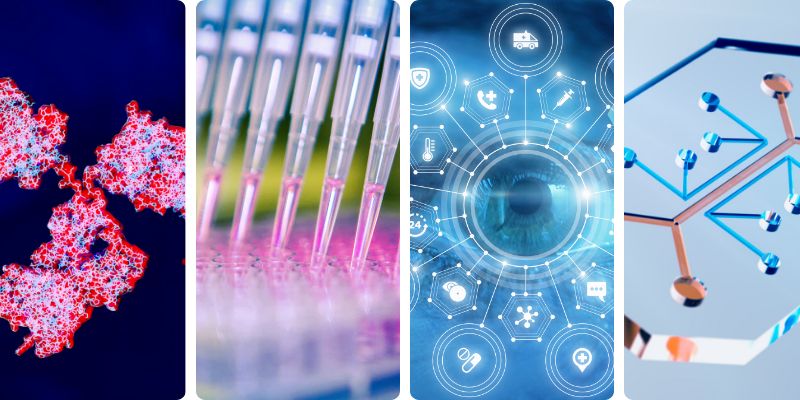
Roadmap towards NGRA with PARC, Biosurfaces and Finnadvance partnership, Ethical, legal & social aspects of Brain organoids and more
News on non-animal methods
Jan 8-12, 20241. PARC invites all to share views on roadmap towards NGRA
In December 2023, the EU Commission hosted a “Workshop on a roadmap for phasing out animal testing in chemical safety assessments”.
During the workshop, PARC organised two sessions on “Guiding principles for NGRAroute – a roadmap proposal for implementing Next-Generation Risk Assessment (NGRA) in EU chemicals legislation”. NGRAroute is one of the deliverables of the Partnership under its task “knowledge management and uptake into policy”.
PARC invites all to share comments, ideas, and suggestions regarding guiding principles for an NGRA framework and tentative work streams for a roadmap to establish NGRA in EU chemicals legislation.
2. Biosurfaces and Finnadvance announce new commercial relationship
This alliance is set to redefine the landscape of in vitro biological barrier models. The combined expertise is now channeled into offering cutting-edge 3D solutions for blood-brain barriers, vascularization/inflammation, gut, lung, and more, in a way that’s scalable, biologically authentic, and exceptionally user-friendly.
Finnadvance’s CEO, Prateek Singh comments : “Our partnership with BioSurfaces is a game-changer, significantly enhancing our ability to meet diverse customer needs for bio-compatible cell culture tools and simplifying the handling of our AKITA platform.” This partnership is driven by a shared vision to bolster joint manufacturing capabilities, addressing the growing demand for more biologically-relevant and adaptable cell culture systems.
3. Ethical, legal & social aspects of Brain organoids & intelligence
New article highlighted by World Organoid Research Day+ 2024 and co-authored by one of the event’s key note speakers ; Professor Thomas Hartung. Professor Hartung specialises in organoid cultures in toxicology and the use of artificial intelligence at Center for Alternatives to Animal Testing (CAAT), Health and Whiting School of Engineering, Johns Hopkins University, Baltimore, MD, United States and CAAT-Europe, University of Konstanz, Germany.
‘Human brain organoids, aka cerebral organoids or earlier “mini-brains”, are 3D cellular models that recapitulate aspects of the developing human brain. They show tremendous promise for advancing our understanding of neurodevelopment and neurological disorders. However, the unprecedented ability to model human brain development and function in vitro also raises complex ethical, legal, and social challenges.
4. “Let’s embrace alternatives” by David A. Brenner physician-scientist and president and chief executive officer of Sanford Burnham Prebys
A mouse is not a human. (…) The fact remains that in current drug development practice using animal testing, nine out of 10 drugs that enter clinical trials fail because they are ultimately unsafe or ineffective in people. From this perspective, the animal experiments upon which these drug efforts were based have proven to be largely a waste of time, money and animal lives.
In late 2022, the Food and Drug Administration acknowledged the need for a better way and Congress passed the FDA Modernization Act 2.0, which recognized the limitations of animals in scientific research and encouraged the pursuit of novel, innovative, non-animal alternatives.
Researchers are ecstatic and motivated. (…) Emerging alternatives abound, from testing human cells in cultures to miniaturized or bioprinted organs to non-invasive imaging to experiments using computational or mathematical models driven by artificial intelligence and machine learning. Working with actual human cells and tissues, whether from the liver or another organ, is far more likely to directly inform our research and efforts.
5. Taking the leap toward human-specific nonanimal methodologies : The need for harmonizing global policies for microphysiological systems
In March 2023, the Indian government passed an amendment to the New Drugs and Clinical Trials (2023) whereby several human-specific nonanimal methodologies (NAMs), including cell-based assays, microphysiological systems (MPS), and computational modeling, are now included in the list of nonclinical testing methods, along with animal studies. With this move, India joins several countries, including the United States, the European Union (EU), Canada, Brazil and Japan, that have made legislative strides toward NAMs.
Removal of this legislative barrier provides incentives and confidence to the industry to accelerate the development and incorporation of these methods in their internal portfolio for decision making or through dynamic industry – academia partnerships. Global stakeholders weigh in on the urgent need to globally harmonize the guidelines toward the standardization of microphysiological systems. In this article, the authors discuss a possible framework for establishing scientific confidence and regulatory approval of these methods.


